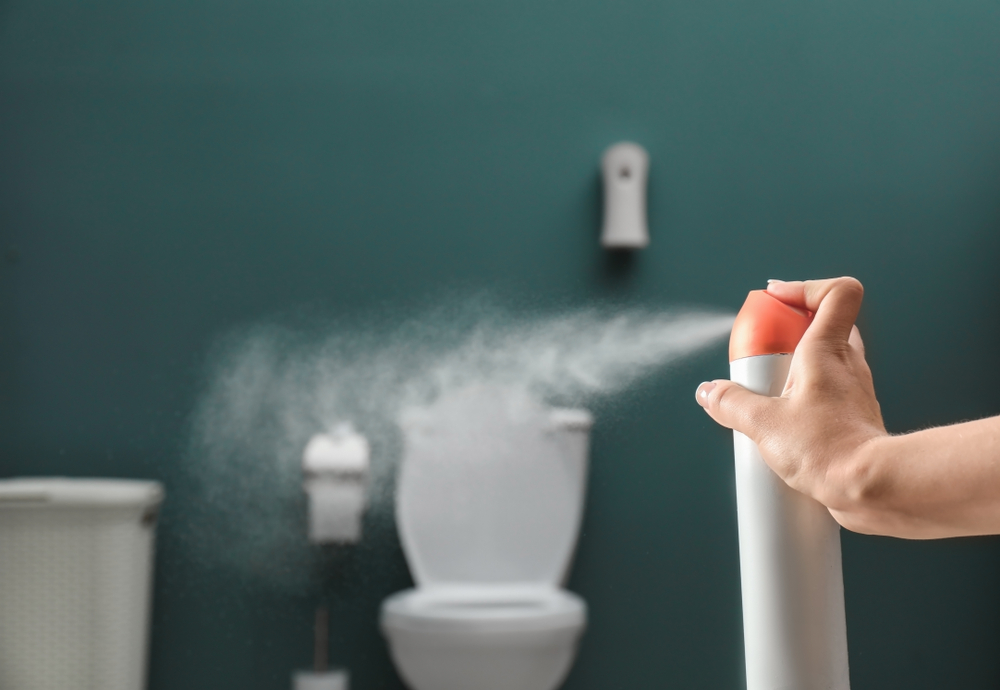
Do you ever stop and think about the connection between your plumbing system and the air you breathe in your home? Most people overlook this crucial link, but the condition of your plumbing can have a significant impact on indoor air quality. To help you better understand the role of plumbing in maintaining a healthy indoor environment, we'll explore how plumbing-related issues can affect air quality and provide practical tips for improving it through proper plumbing maintenance.
If you're in Rochester, NY, and require professional plumbing services or want to schedule a maintenance check to ensure your plumbing system is in optimal condition, look no further than Mr. Rooter Plumbing. Our experienced team is dedicated to providing top-notch plumbing solutions tailored to your needs, helping you maintain a clean and healthy indoor environment for you and your family. Contact us today to schedule an appointment!
Why Does Your Plumbing System Matter?
Your plumbing system is more than just a network of pipes that supply water and remove waste from your home. It plays a crucial role in maintaining a healthy indoor environment. Leaky pipes, clogged drains, or poorly maintained fixtures can lead to a host of problems that not only jeopardize the efficiency of your plumbing system but can also impact the quality of the air you and your family breathe.
Main Points to Consider:
How Plumbing Leaks Affect Indoor Air Quality
When it comes to indoor air quality, plumbing leaks are a significant concern. Leaky pipes not only waste water and increase your utility bills but can also create a conducive environment for mold and mildew growth. Mold spores released into the air can exacerbate allergies and respiratory issues, making it essential to address any leaks promptly to prevent further damage to both your plumbing system and the air you breathe indoors.
The Impact of Poor Drainage on Air Quality
Bacteria
Proper drainage is essential for maintaining good indoor air quality. Clogged drains can lead to water stagnation, providing the perfect breeding ground for bacteria and foul odors to develop. According to the EPA’s Report on Indoor Air Quality, "Episodes of Legionnaires' disease, a form of pneumonia caused by exposure to the Legionella bacterium, have been associated with buildings with poorly maintained air conditioning or heating systems, as well as hot tubs, fountains, and building plumbing systems and their outlets like faucets and showerheads." It's crucial to address drainage issues promptly to mitigate the risk of bacterial contamination and its associated health hazards.
Methane Gas
Additionally, sewer line issues can release methane gas—a byproduct of decomposing waste—into your home, posing potential health risks. Methane is a colorless and odorless gas that, in high concentrations, can cause headaches, dizziness, nausea, and even asphyxiation in extreme cases. Furthermore, methane is highly flammable and can pose a safety hazard if allowed to accumulate in enclosed spaces.
Tips for Improving Indoor Air Quality Through Plumbing Maintenance
- Regularly inspect your plumbing system for leaks, drips, or signs of water damage.
- Address any plumbing issues promptly to prevent mold growth and water damage.
- Use environmentally friendly cleaning products to keep your drains clear and free of harmful chemicals that can affect air quality.
Frequently Asked Questions
Q: How often should I have my plumbing inspected for potential issues?
A: It's recommended to have your plumbing system inspected annually by a professional to catch any potential problems early.
Q: What can I do to prevent drainage issues from impacting air quality?
A: Regularly clean your drains, avoid pouring grease or harsh chemicals down the drain, and address any drainage issues promptly to prevent odors and bacterial growth.
Q: What measures can be taken to prevent sewer gas from entering indoor spaces through plumbing systems?
A: To prevent sewer gas from entering indoor spaces, it is important to ensure that plumbing traps are properly installed and functioning correctly. Plumbing vents should also be clear of obstructions to allow for proper ventilation and the release of sewer gases to the exterior of the building.
Q: What plumbing services does Mr. Rooter offer that can improve my indoor air quality?
A: Mr. Rooter Plumbing offers leak detection services that can swiftly locate water leaks, including those under house slabs or within walls. By promptly addressing and repairing leaks, Mr. Rooter helps prevent moisture-related problems that can compromise indoor air quality. Additionally, the use of advanced tools such as video inspection equipment and soil probes enables Mr. Rooter to detect leaks efficiently and minimize disruption to your property, ultimately contributing to better indoor air quality.
Take Control of Your Indoor Air Quality
Your plumbing system plays a crucial role in maintaining a healthy indoor environment. By understanding how plumbing-related issues can impact air quality and following the tips provided, you can take proactive steps to ensure that the air you breathe in your home is clean and safe. If you encounter any plumbing issues or want to schedule a maintenance check, don't hesitate to contact Mr. Rooter Plumbing. Our team of experts is here to help you maintain a healthy plumbing system and improve your indoor air quality.
Remember, a healthy plumbing system means cleaner air for you and your family. Take the necessary steps today to breathe easy tomorrow. Contact Mr. Rooter Plumbing for all your plumbing repair and maintenance needs in Rochester, NY, and start breathing fresher air in your home!

